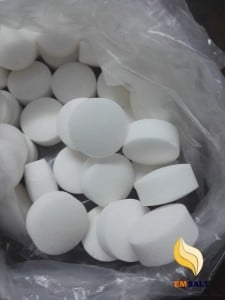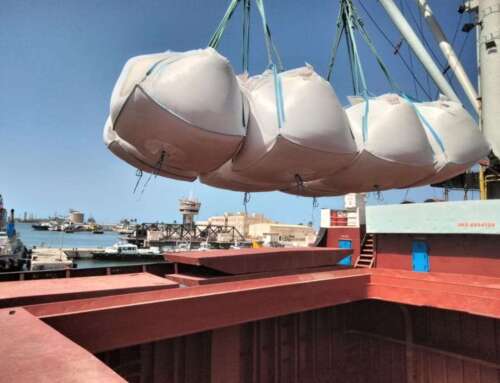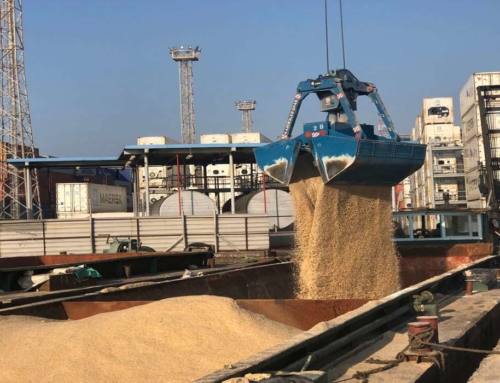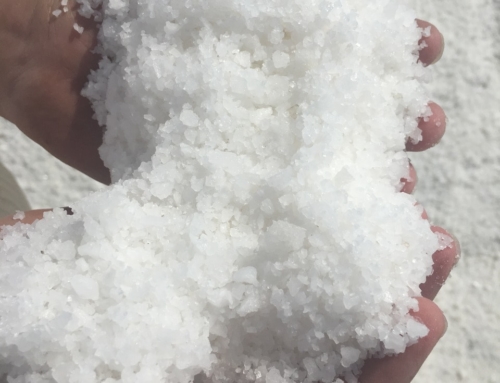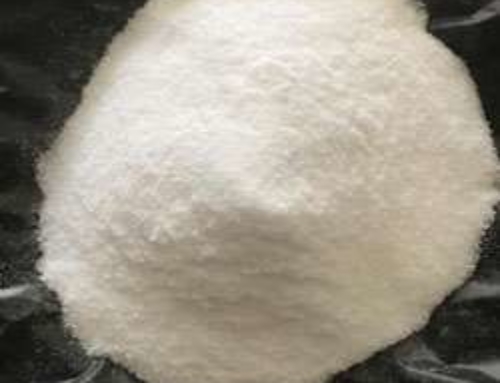Water softening
Hard water is normal water that dissolves a high percentage of salts; especially calcium and magnesium.
These salts come as a result of the water flow through rocks and soil, and dissolving these salts and flow,
and the greater the proportion of salts of calcium and magnesium in the water increased water hardness.
The hard water can be identified by not dissolving the soap in it for the interaction of these salts with the sodium in the soap, forming a metal soap that does not dissolve in water.
This is why foam is not formed in hard water.
The presence of calcium and magnesium ions is mostly due to the presence of other elements at concentrations greater than normal due to pollution. For example, it is possible to introduce them in the calculation of total water hardness after assigning the ratio of each element (eg Al, Fe, Ba, Sr, Mn) to polyvalent Captions.
Calcium and Magnesium remain the two largest players in causing water dysfunction for the weak effect of the rest of the previous elements,
so it was agreed that total dysfunction is the total concentration of calcium and magnesium.
water softener types
There are several types of degrees of water hardness, which vary from country to country and divide water in terms of hardness to two types:
(1) Temporary hardness: due to the containment of water on calcium and magnesium bicarbonate, this temporary hardness can be removed by heating.
(2) Permanent hardness: in this case, water contains chloride and calcium sulfate and magnesium;
hardness cannot be removed by heating,
so the use of this water in the boilers leads to the deposition of calcium sulfate and magnesium in the form of a hard layer which is difficult to remove resulting damage of boilers.
The removal of this permanent hardness needs chemical reactions and is not done by heating.
Hard water is not harmful to health, but it is annoying to use. Examples include:
1 – Affects the amount of calcium and magnesium in food.
2 – Stains on the dishes and cups after drying and to deposit the salts on the various tools.
3 – Affects the hair and its nature and vitality.
4 – Precipitation of salts found in hard water inside the water pipes leads to the lack of flow of water in the amount required and therefore difficult to use in normal life.
5 – Bathing with hard water leads to the presence of a layer of soap sticky on the skin,
which helps the deposition of dirt, dust and harmful bacteria on the skin,
which is difficult to remove, and lead to skin irritation and inflammation.
6 – the use of hard water in the laundry is expensive,
because the foam is not with soap and other detergents in the quantity required,
it prompts the person to use more soap or detergent to compensate for the amount of foam that was not formed due to hard water.
On the other hand,
the use of hard water in washing clothes leads to the lack of the degree of cleanliness expected,
especially in the case of washing white clothes; It also loses the ability to tolerate washing later, causing it to tear apart and trying to wash it again.

